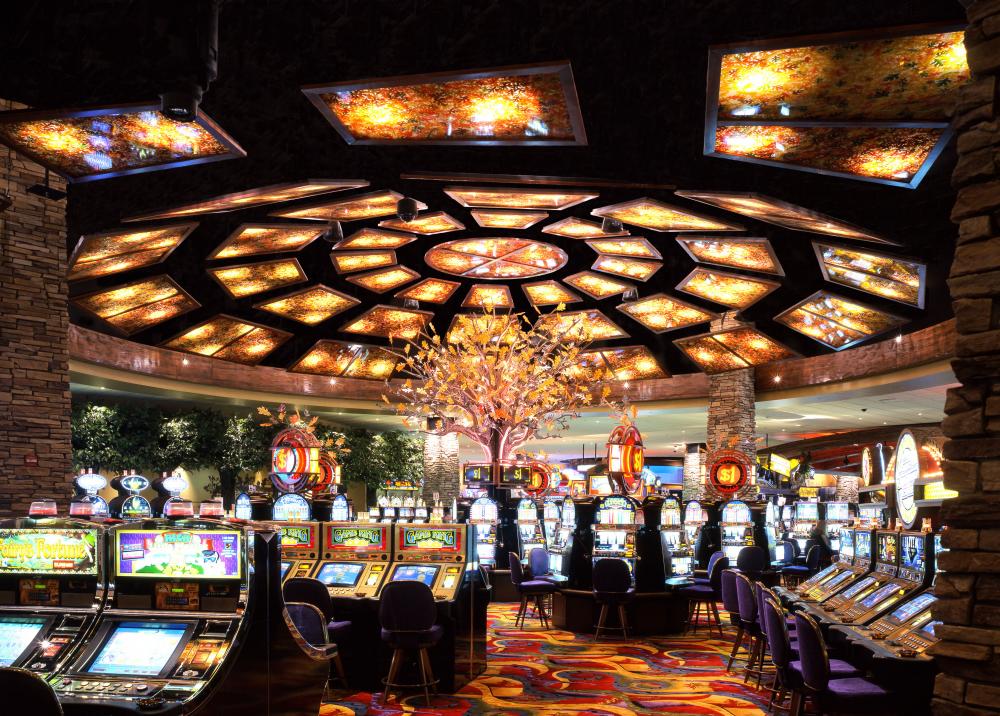
Casino games have long captured the imagination of humans around the planet, becoming an integral part of both leisure and culture. From the shimmering lights of Nevada to the engaging experience of online gaming, these activities evoke enthusiasm, danger, and sometimes even a sense of remembrance. They are beyond simply pastimes; they have woven themselves into the texture of our lives, influencing everything from film and songs to style and literature.
The appeal of casino games goes beyond the gambling aspect, tapping into broader themes of luck, chance, and human behavior. As players assemble around a gaming table or turn the roulette wheel, they engage in an age-old ritual that echoes with our collective desire for excitement and uncertainty. This fascination has led to the growth of many references in movies, music, and electronic games, showcasing how deeply entrenched these activities are in popular culture. Whether it is the high-stakes tension of a traditional robbery film or the vibrant nightlife portrayed in music videos, casino games have created a substantial place that reflects our bond with risk.
Cultural Impact of Casino Activities
Gambling activities have played a pivotal role in cultural aspects throughout the ages. Originating from ancient societies, forms of chance were often connected to rituals or gatherings. For instance, early iterations of these activities can be traced back to ancient China and the Roman Empire, where dice games and betting on outcomes were common pastimes. These games not only served as entertainment but also as means of social interaction, facilitating connections among people within communities. keonhacai5 ws
As cultures evolved, so did the complexity and organization of gambling games. The establishment of official casinos in the 17th century, particularly in Italy, marked a significant shift in how games were viewed and structured. With specific spaces for gaming, the casino became a social hub where people from different backgrounds gathered. This evolution contributed to the legitimization of gambling, transforming it from a mere pastime into an established industry that shaped the economy and regulations.
The effect of casino games on mainstream culture cannot be understated. As they were popularized in books and movies, games such as poker and 21 became icons of risk, luck, and strategy. Famous characters and narratives have emerged around these activities, reflecting societal attitudes towards fortune, wealth, and immorality. This interest with casino games has infiltrated various forms of media, cementing their status in the public imagination and connecting them to broader cultural narratives throughout the ages.
Depiction of Casino Games in Media
Casino games have long been a popular topic in different types of entertainment, reflecting both the thrill and complexities of the world of gambling. Films such as Ocean’s 11 and Casino Royale portray individuals who navigate dangerous scenarios, showcasing not only the allure of the gambling environment but also the methods and choices that come with playing popular games like poker and 21. These films often dramatize the thrill of winning and the potential results of losing, encapsulating the dangers involved in betting.
TV programs have also explored the world of gambling activities, often integrating them into the storyline as a setting for story progression and conflict. Shows like Vegas depict the stories of gambling employees and casino-goers, highlighting the dynamic, often chaotic energy of the casino floor. Docuseries featuring intense betting contests further emphasize the attraction of gambling activities, drawing viewers into the excitement and tactics involved in each session. Through these portrayals, media not only engages but also stimulates conversations about fortune, expertise, and the character of randomness.
Gaming have increasingly integrated casino games into their structure, allowing players to experience the feeling of betting without financial exposure. Titles within the domain of online gaming often include virtual slots, online poker, and other popular casino games, creating an interactive experience that mirrors traditional gambling. These virtual portrayals make gambling activities accessible to a worldwide viewer base, appealing to both risk-takers and those who enjoy the excitement of simulation. As a consequence, the representation of casino games in entertainment continues to shape societal views and importance, highlighting their function in society and social context.
Effect of Casino Games on Society
Gambling activities have a significant effect on society, influencing various facets of societal norms and interpersonal behavior. They often function as a platform for social interaction, where people gather to enjoy a common activity. Game nights with friends or visits to casinos become social activities that foster connections and create memories. This communal aspect boosts the entertainment value of casino games, making them a favored choice for festivities and leisure activities.
Additionally, gambling activities have been portrayed in numerous movies, television shows, and written works, influencing perceptions and opinions towards gambling and betting. Icons like James Bond playing baccarat or the intense poker scenes in films have cemented these games in the collective imagination. This depiction often glamorizes the culture associated with gambling, attracting new players and impacting trends in both style and conduct. These representations can ignite curiosity and lead to a more profound investigation of the intricacies of gambling.
However, there are also negative implications linked to the widespread appeal of gambling activities. The allure of quick monetary gain can lead to gambling addiction and economic troubles for some people. The community must contend with these consequences, advocating for responsible gaming and awareness of the risks involved. Finding a balance between the entertainment value of casino games with the risks is crucial to ensure that they remain a positive aspect of our cultural landscape.
